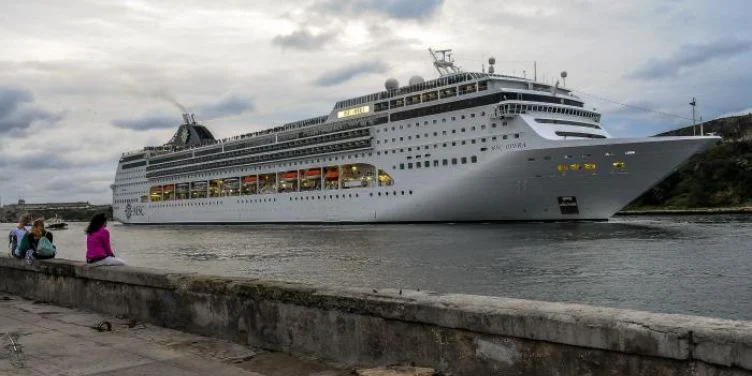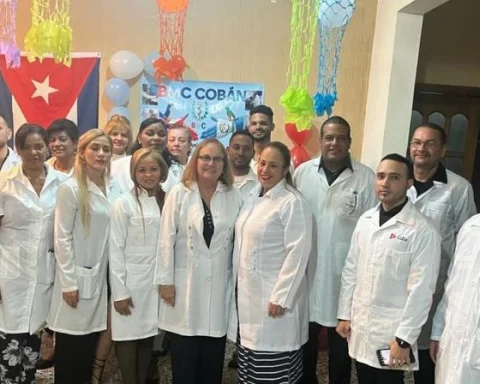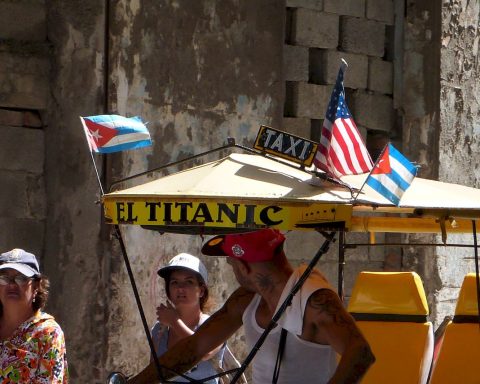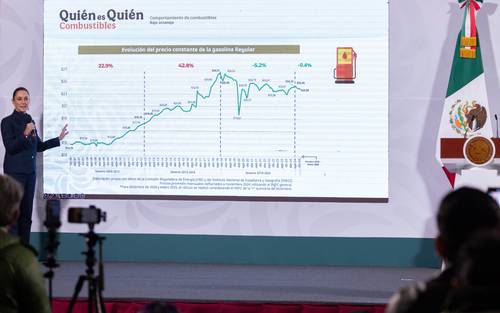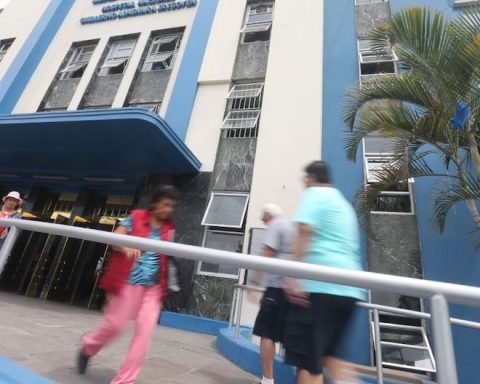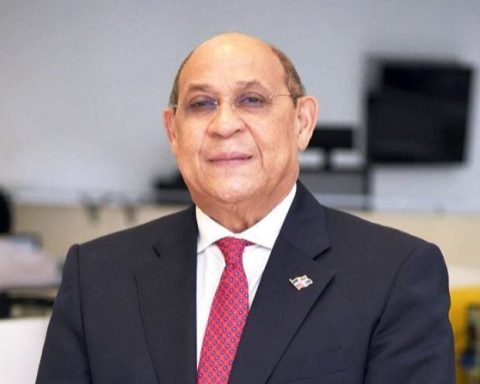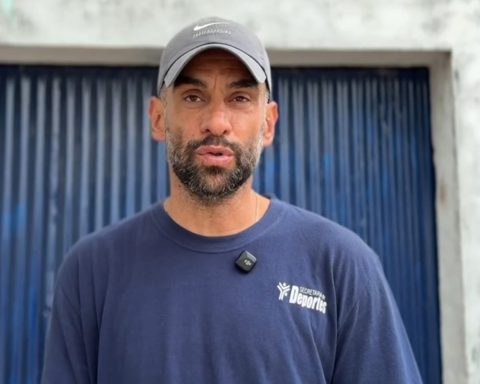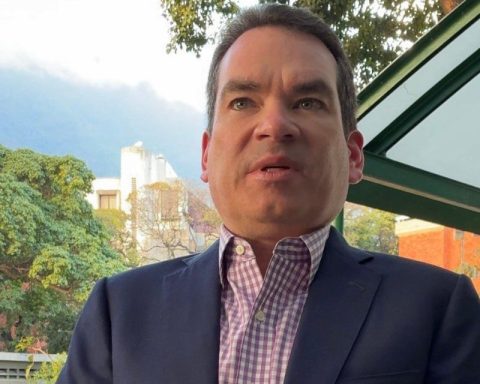AREQUIPA, Peru – The four cruise lines sued by Havana Docks Corporation under Title III of the Helms-Burton Act have asked the Eleventh Circuit Court of Appeals not to delay referring the lawsuit to the United States District Court , where it was presented.
This was reported by the US-Cuba Economic and Trade Councilwhile recalling that in December 2024, the Eleventh Circuit Court of Appeals rejected a request from Havana Docks Corporation for an en banc hearing (full court).
The defendant companies are Carnival, Norwegian, Royal Caribbean and MSC Cruises, which argued that the highest court is unlikely to agree to hear the plaintiff’s appeal.
In accordance with last month’s decision by the US Court of Appeals for the Eleventh Circuit, “the request for a rehearing en banc is denied, since no judge in regular active service on the Court has requested that it be consulted.” about a new audience.”
Background and origin of the lawsuit
In November 2024, a US federal appeals court overturned a $400 million ruling against four cruise companies sued for “trafficking in confiscated property” after taking passengers to Cuba and use the docks of the port of Havana.
In 2022, a federal judge in Miami determined that these cruise lines engaged in “prohibited tourism” by using facilities built by the American company Havana Docks, confiscated without compensation by Fidel Castro’s regime in 1960.
Federal Judge Beth Bloom had ordered the companies to pay $439 million, in addition to legal fees and costs. However, the Atlanta-based Eleventh Circuit Court of Appeals overturned that decision with a two-to-one ruling.
In a joint statement ―cited by The New Herald―, MSC Cruises, Norwegian Cruise Line Holdings and Royal Caribbean Group expressed their satisfaction with the ruling: “We are satisfied with the appeals court’s decision and thank the court for its thorough consideration of the case.” A spokesperson for Carnival Corporation said, “We are satisfied with the outcome and will not be commenting further on pending litigation.”
The 2022 ruling was the first of its kind based on Title III of the Helms-Burton Lawa provision that allows owners of confiscated property in Cuba to sue those who benefit from its use. This provision was suspended by all US presidents since Bill Clinton signed the law in 1996, until Donald Trump activated it in 2019.
The appeals court argued that Havana Docks had a concession to exploit the docks of the Port of Havana, but not “full ownership.” “Any interest that Havana Docks had in the property expired when the cruise ships set sail for Cuba between 2016 and 2019, as its 99-year concession expired in 2004,” the court stated.
Judges William Pryor and Adalberto Jordán stated: “We do not believe that Congress, in enacting Title III, intended to convert property interests that were temporarily limited at the time of their confiscation into freehold interests in perpetuity, so that holders of those limited interests could assert their traffic claims to what Buzz Lightyear called ‘infinity and beyond.'”
In the majority opinion, the justices concluded that Havana Docks, although it had a claim certified by the Department of Justice’s Foreign Claims Settlement Commission, did not possess “any absolute ownership interest in any property in the Port of Havana.” The judges indicated that the best way to interpret the language of Title III is to “consider the property interest in question as if there had been no taking, and then determine whether the alleged conduct constituted trafficking in that interest.”
On the other hand, Judge Andre L. Brasher expressed a dissenting opinion: he argued that asking what would have happened if the Havana Docks had not been seized was “counterfactual” and “incompatible” with the purpose of the Helms-Burton Act. “Nothing in the statute requires a claimant to prove that, absent forfeiture, he or she would have a current and present ownership interest in his or her stolen property,” Brasher said. He also warned that this decision could affect other cases regarding confiscated property, such as patents that have expired since 1959.
